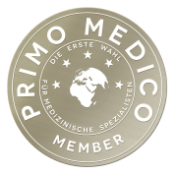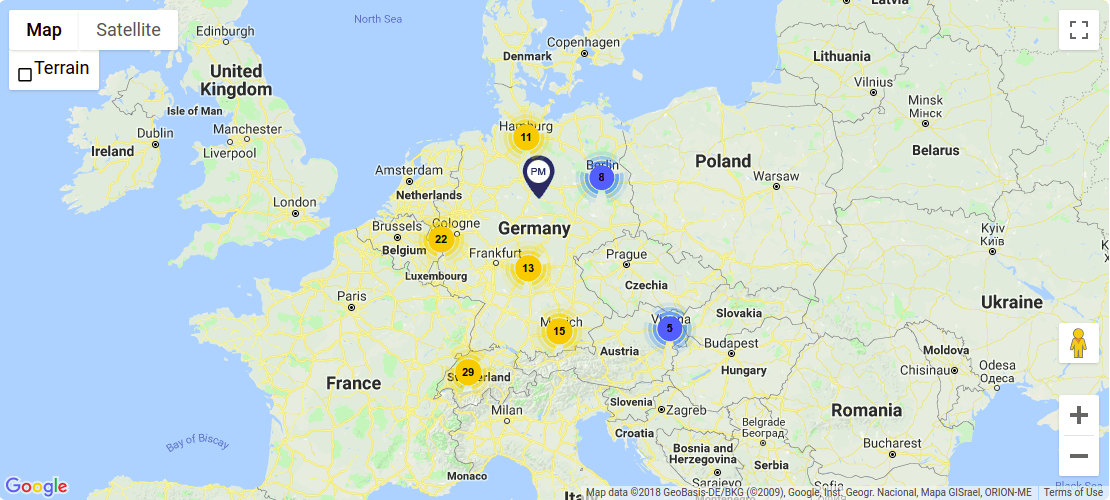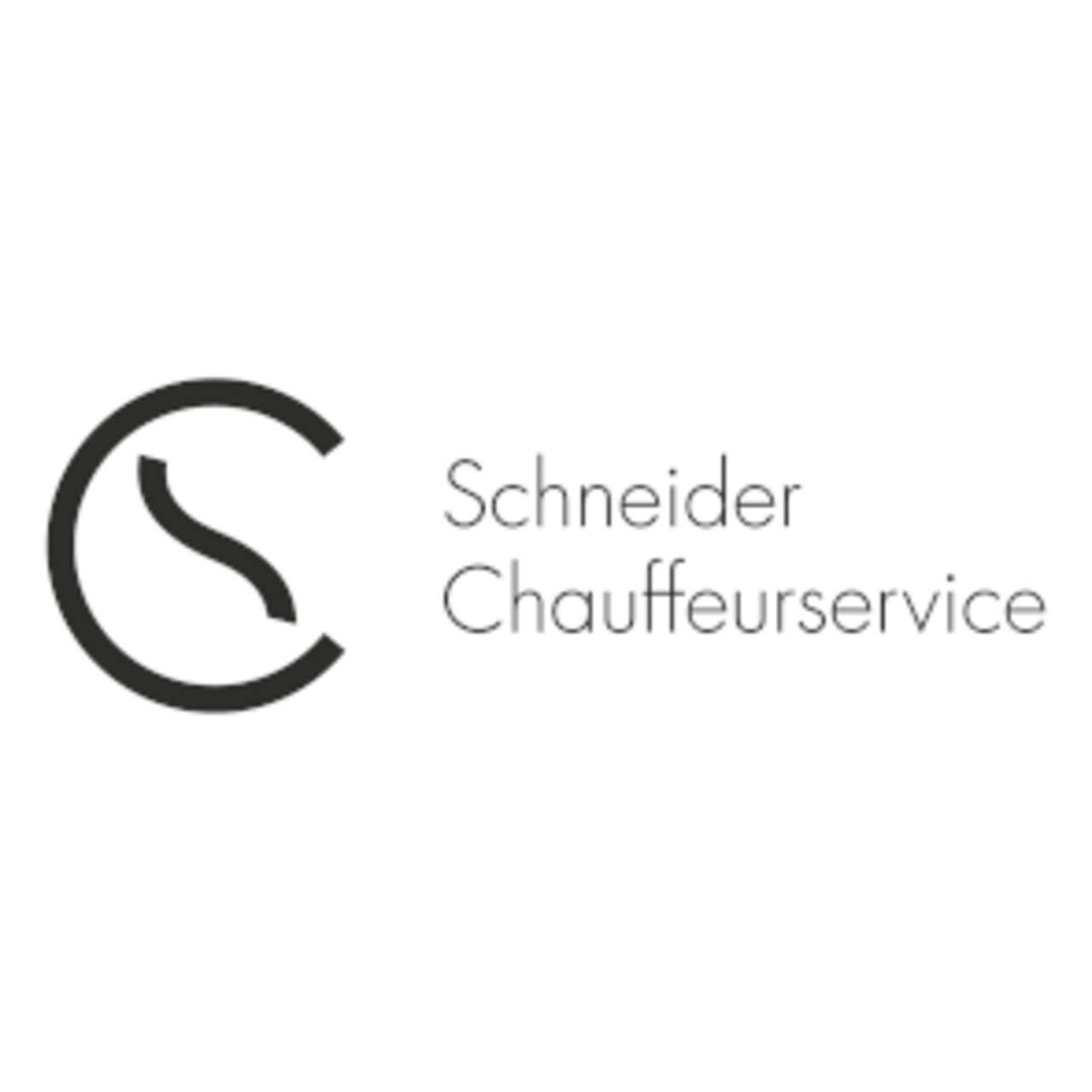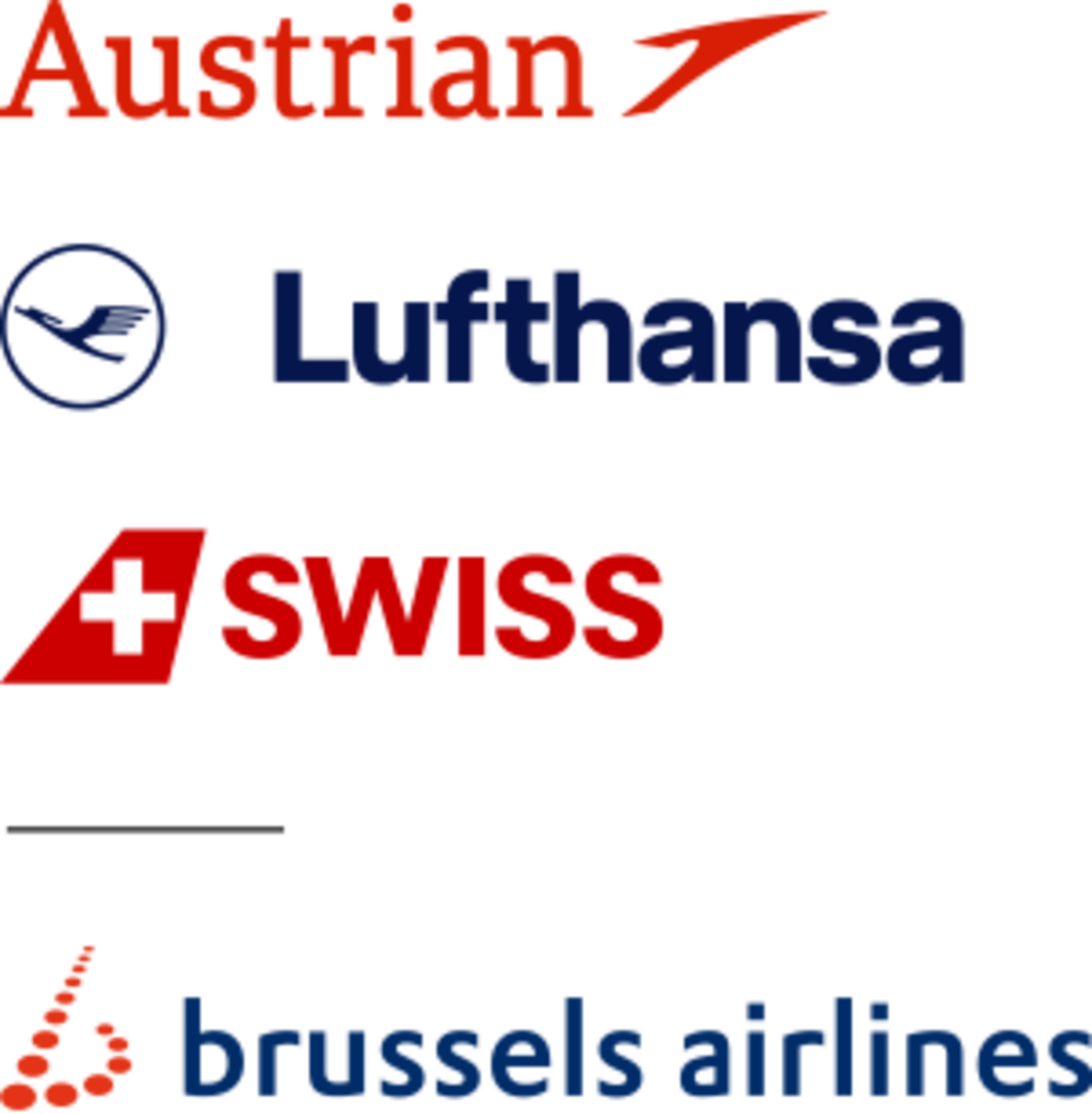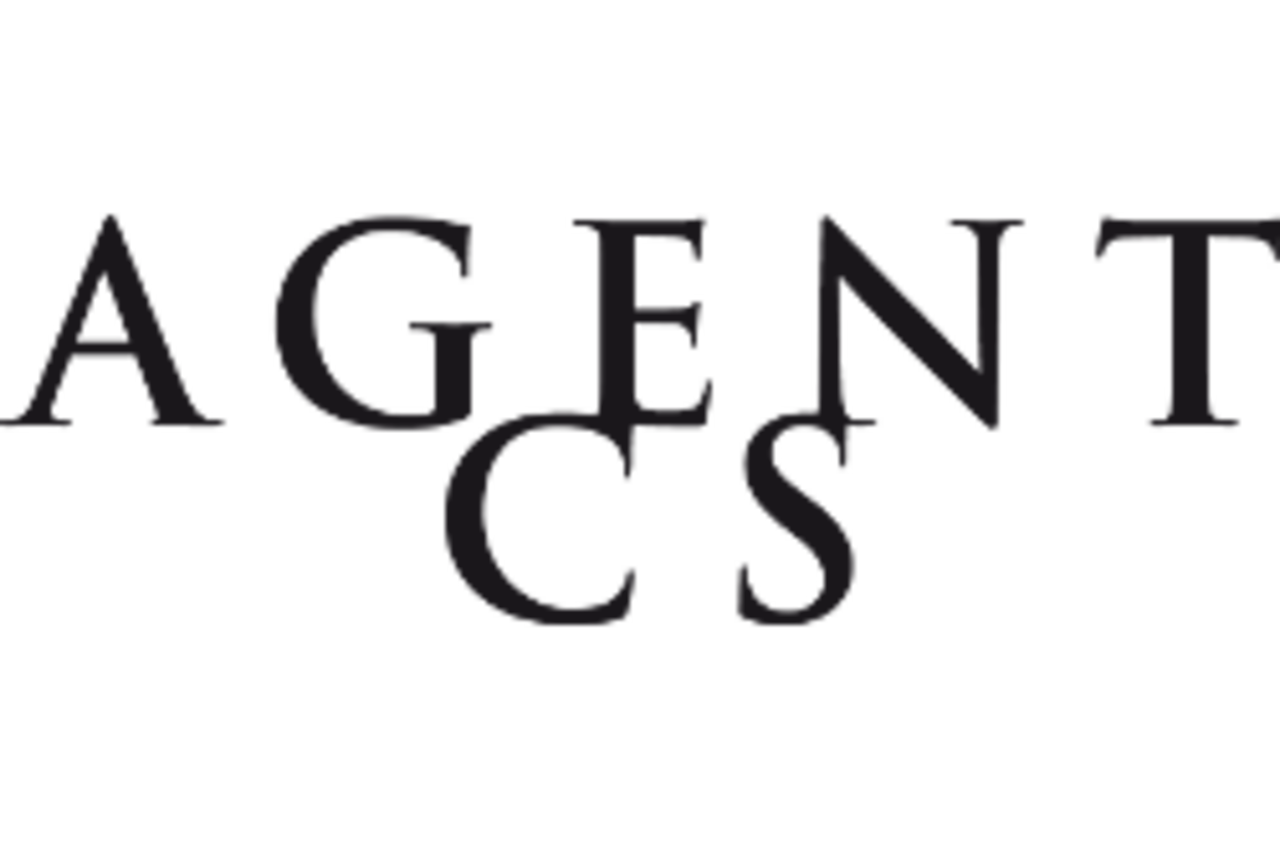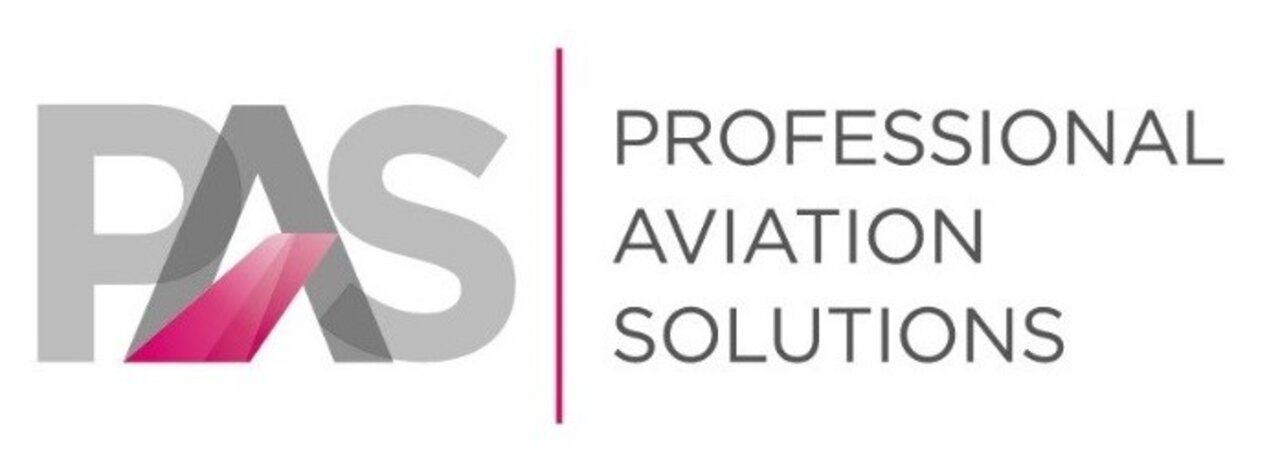Glaucoma Specialist Erlangen: Prof. Dr Anselm Jünemann, F.E.B.O.
Treatment focus
- Glaucoma (Glaucoma)
- Cataract
- Corneal surgery
- Retinal surgery
- Vitreous opacities
- Pediatric eye surgery (glaucoma, cataract, vitrectomy)
Medical Range
Range of Diagnostic Services
- Intraocular pressure measurement
- Analysis of eye movements and testing for strabismus
- Visual field examination
- Corneal topography and corneal tomography
- Corneal endothelial microscopy
- Pupil dilation and examination of the outer fundus of the eye (peripheral retina)
- Examination of the fundus of the eye using ultra-widefield imaging
- Autofluorescence examination of the macula
- Slice image of the macula using OCT
- Measurement of retinal nerve fiber thickness by OCT for follow-up in glaucoma
- Fluorescence angiography of the retina
- Ultrasound examination of the eye
Range of Therapeutic Services
- Glaucoma surgery (laser trabeculoplasty, transscleral cyclophotocoagulation, deep sclerectomy, trabeculotomy, 360° canaloplasty)
- Vitreoretinal surgery (retinal detachment, vitreous haze, vitreous hemorrhage, macular degeneration, macular edema, macular holes, diabetic eye diseases, epiretinal gliosis)
- Cataract surgery with premium artificial lenses
- corneal surgery (corneal transplantation, keratoplasty, keratotomy, pterygium surgery)
- Pediatric eye surgery (glaucoma, cataract, vitrectomy)
More Information
Card
Prof. Dr Anselm Jünemann is a specialist for the posterior eye segment and has been working at the Viselle Eye Center Erlangen since 2019.
The Viselle Eye Center is the contact for patients in all areas of ophthalmology and stands for outpatient innovative high-performance medicine. The experienced surgeon Prof. Jünemann treats diseases of the posterior segment of the eye with modern, minimally invasive techniques.
Viselle Eye Center Erlangen
The Viselle Eye Center stands for outpatient innovative high-performance medicine in the Erlangen-Nuremberg metropolitan region and is a competent contact for patients in all areas of ophthalmology. The headquarters, Nägelsbachstraße in Erlangen, is home to the outpatient surgery center with the latest laser technology and state-of-the-art surgical techniques. During regular and special consultation hours, recognized specialists examine and treat patients with the most modern examination techniques and equipment.
One of the Leading Glaucoma Specialists in Germany
Glaucoma is used to describe diseases that lead to optic nerve damage and, therefore, often to blindness. One of the leading causes of optic nerve damage is chronically elevated intraocular pressure, often combined with other conditions such as altered blood flow to the retina or the optic nerve.
Glaucoma therapy is one of Prof. Jünemann's main focusses of treatment. For many years he was active in glaucoma research. In 2000, Prof. Jünemann habilitated on the early diagnosis of chronic glaucoma. At the University Eye Hospital Erlangen, he has led numerous scientific projects in glaucoma research since 2006. From 2014 to 2018, he was head physician at the Department and Polyclinic of Ophthalmology at the University Medical Center Rostock. Since 2019, he has been back in Erlangen as a glaucoma specialist at the Viselle Eye Center.
There are various conservative and surgical treatment options for glaucoma treatment. Prof. Jünemann uses various modern methods to lower intraocular pressure. Laser surgical procedures include laser trabeculoplasty with the argon laser to improve aqueous humor outflow and transscleral cyclophotocoagulation with the diode laser to reduce aqueous humor production.
A newer method of pressure reduction is endoscopic cyclophotocoagulation with a diode laser. In addition, other traditional and new surgical procedures of glaucoma surgery are carried out, among others, non-penetrating glaucoma surgery (deep sclerectomy, trabeculotomy, 360° canaloplasty) and filtering glaucoma surgery (trabeculectomy).
Modern Laser Surgery for Diseases of the Posterior Eye Segment
In recent years, many new laser surgical and microsurgical procedures have been developed for the treatment of retinal and vitreous diseases. While most diseases were inoperable and not curable in the past, today many diseases of the posterior eye segment can be successfully treated. Prof. Jünemann and his colleagues at the Viselle Eye Center use the following procedures:
- Laser surgical procedures
- Surgical procedures that do not open the eyeball
- The modern procedures of retinal vitrectomy (pars plana - vitrectomy).
- Entry of drugs into the vitreous cavity (IVOM)
This offers the experienced ophthalmologist in Erlangen many possibilities to treat diseases of the posterior eye segment such as AMD, diabetic macular edema, and other macular and retinal diseases.
Eye Surgery for Cataract with Premium Artificial Lenses
In addition to his expertise in the diagnosis and treatment of diseases of the posterior eye segment, Porf. Jünemann also has many years of experience in the field of cataract surgery and refractive surgery. At the Viselle Eye Center Erlangen, the focus is on implanting innovative artificial lenses with extended functions, so-called premium artificial lenses, for better vision after cataract.
Corneal Surgery
Corneal surgery is another focus of Prof. Jünemann. At the Eye Practice Clinic, he carries out various methods of corneal transplantation, ablation of superficial corneal scars, removal of pronounced astigmatism, and pterygium surgery.
Please, visit the Viselle Eye Center website for more information.
Curriculum Vitae
| Since 2020 | Head of the Pediatric Surgical Eye Center of the Medical University of Lublinie |
| Since 12/2019 | Viselle Eye Center, Erlangen |
| 7/2014 – 10/2018 | Head Physician of the Clinic and Polyclinic for Ophthalmology of the University Medicine Rostock |
| Since 2015 | Visiting Professor at the English Department of the Medical University of Lublinie |
| Since 2014 | Physician at the Ophthalmologikum Dr Neuhann, Munich |
| 2013 – 2019 | Faculty member of the European School for Advanced Studies in Ophthalmology (ESASO) |
| 10/2012 | Visiting Professor at Trinity College, University of Dublin |
| 2009 – 2015 | Visiting Professor at the Eye Clinic of the Uniwersytet Medyczny w Lublinie |
| 2006 – 2014 | Managing Senior Physician at the Department of Ophthalmology, Erlangen University Hospital |
| 2006 | Appointed as Associate Professor of Ophthalmology |
| 2000 | Habilitation ("Privatdozent") for Ophthalmology |
| 1996 – 2014 | Senior Physician at the Department of Ophthalmology of the University Hospital Erlangen |
| 1995 | Fellow (F.E.B.O.) of the European Board of Ophthalmology in Milano, Italy |
| 1995 | International Basic Science Assessment Test in Ophthalmology |
| 1995 | Specialist Physician in Ophthalmology (Listing in the Professional Register) |
| 1992/93, 1995/96 | Research Scholarship of the Clinical Research Group "Glaucoma" of the German Research Foundation (DFG) (DFG Na 55/6-1,2) |
| 1990 | Doctorate in Anatomy |
| 1989 – 1996 | Physician at the Eye Clinic of the University Hospital Erlangen |
| 1987 – 1988 | Physician at the Institute of Pathology at the University of Münster |
| 1982 – 1985 | Study Assistant, Institute for Anatomy, University of Münster |
| 1980 – 1986 | Faculty of Medicine, University of Münster |
| 1980 – 1981 | Study of music pedagogy at the University of Music, Münster |
Transport Connections
| Erlangen Main Station | 2.6 km |
| Nuremberg Airport | 13.8 km |
| Nuremberg Main Station | 19.3 km |
Information about Erlangen
Wide streets, baroque buildings and open squares - Erlangen is considered one of the best preserved baroque planned cities in Germany and attracts with a very special atmosphere. Experience the versatility of the smallest major city in Bavaria: the beautiful palace garden in the center of the city, the Erlangen historic city center with its winding, narrow streets, optimal shopping opportunities with short distances, creative gastronomy, outstanding cultural institutions, and events and, last but not least, the living tradition around beer.


